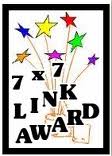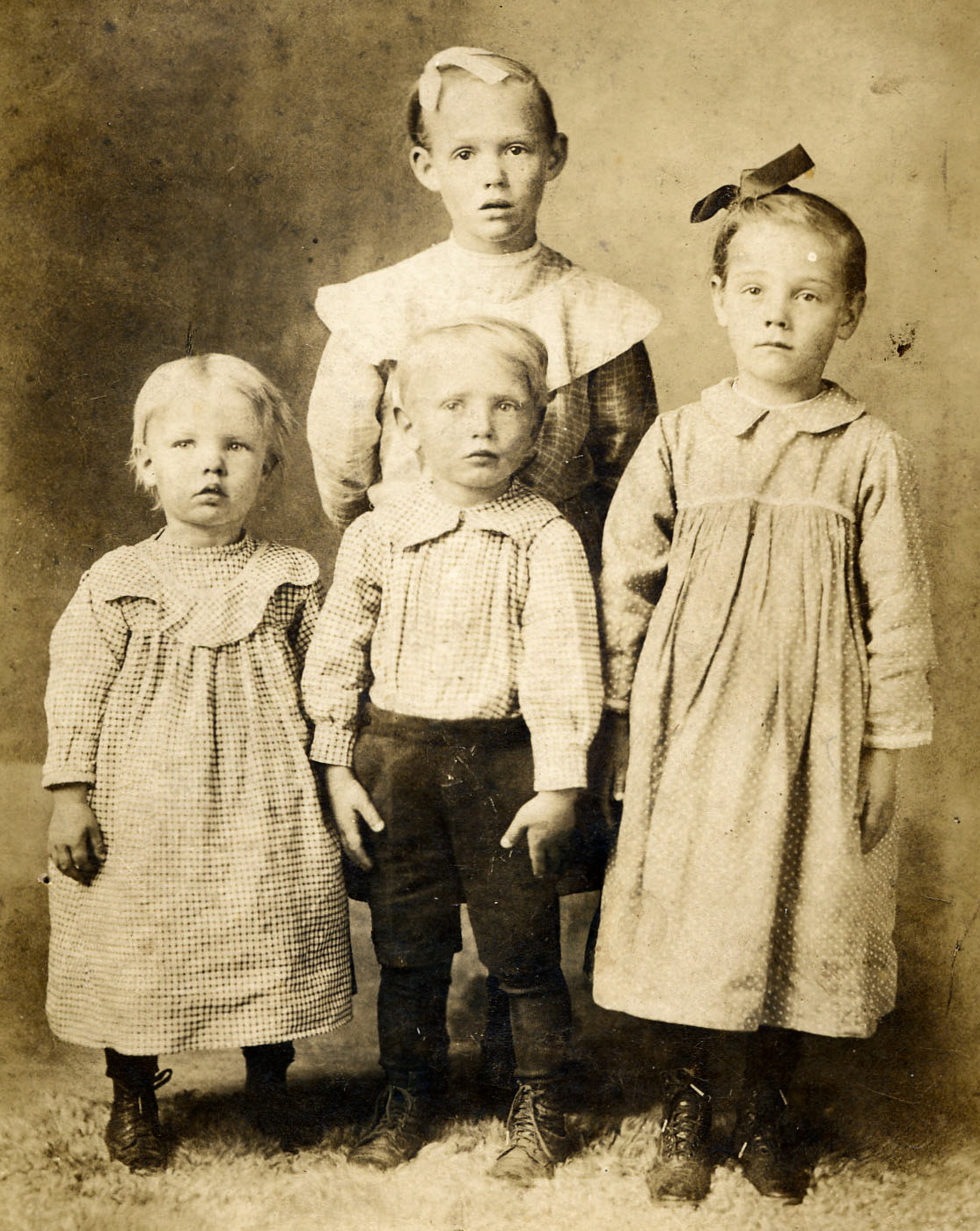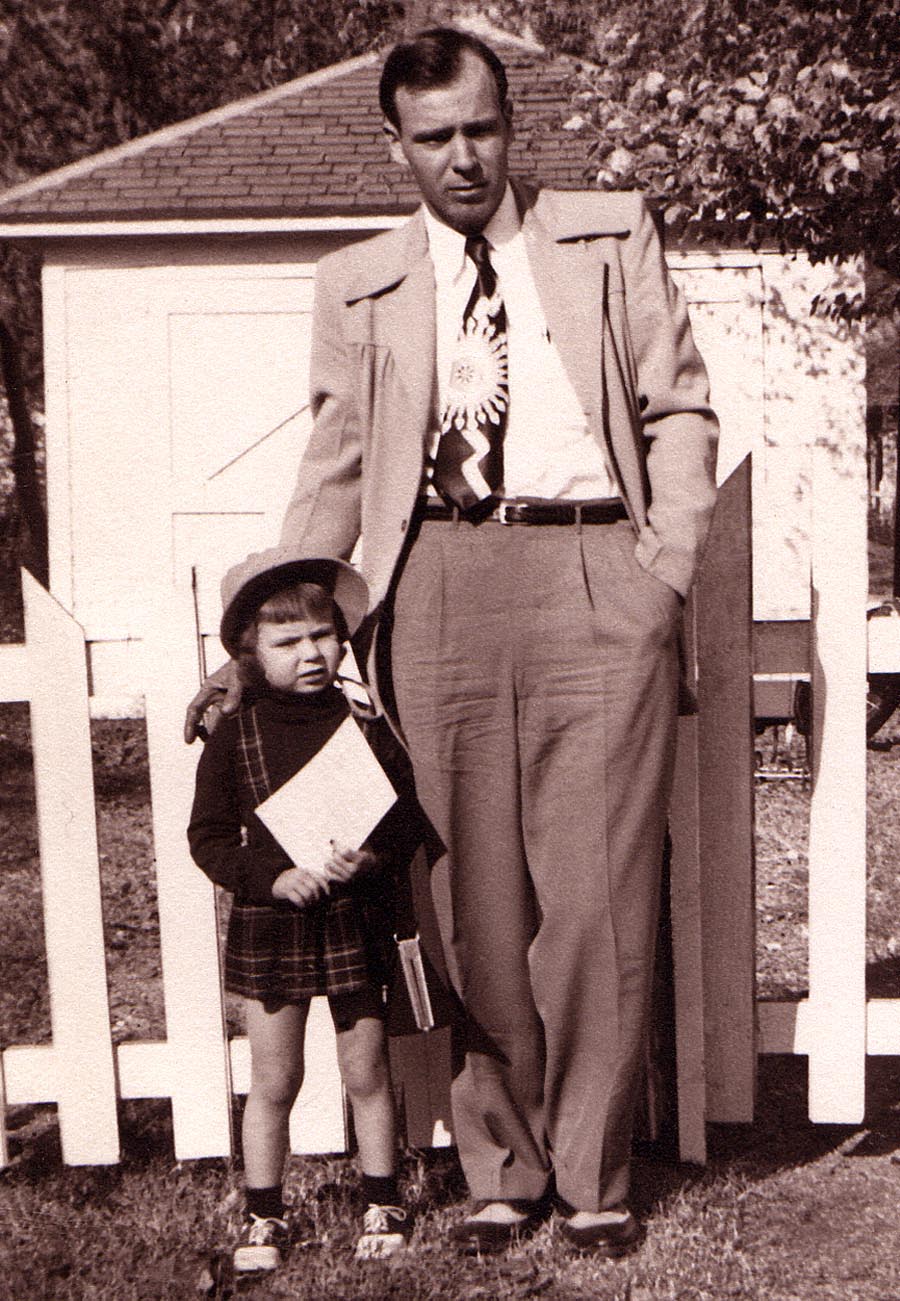
I would like to thank Jen of step on a crack…or break your mother’s back… for nominating GrowthLines for the 7 X 7 Link Award. Thank you, Jen for setting a worthy standard that proves writing can contain both clarity and beauty. That in a single sentence, writing can guide our steps and document our journey. You remind us that we can write with both honesty and integrity.
I created the GrowthLines blog for many of the same reasons I became a therapist. I wanted to observe and understand the world. To think about what it means to be a self, an individual. And at the same time to acknowledge and celebrate our drive to connect to each other. I wanted to explore the possibilities of being human when we push past all that threatens to hold us back. I wanted to be curious and kind. I wanted to show that we could talk about hard things, without doing it in a hard way.
I still want to do and be all those things, and more. Thinking out loud can be risky business. Managing words can be a little like herding cats. They have a mind, and intent of their own. They’re not above taking you in a direction you hadn’t planned on going. Although it can be unsettling in the moment you’re losing control, this independent streak of words is actually one of the things I like about the process of giving our thoughts a voice, written or spoken. If I take the risk of following the process, I usually appreciate where the words take me. The GrowthLines blog has become a doorway to amazing people, greater self awareness, and the opportunity to be a part of something good. Thank you for stopping by, joining the conversation, and paying it forward.
As a 7 X 7 participant, I am to:
- Share something about me that no one (in the blogging community) knows…
- Link up to 7 posts of mine that I feel worthy:
- Nominate 7 bloggers for this award and inform them (with pleasure):
Something no one in the blogging community knows…
As a child, I was a dreamer. In fact as late as college I still had a wide range of things I wanted to be “when I grew up”. The varied options included being a professional barrel racer, an opera star, a youth worker. In my defense, I grew up in the era of Dale Evans, singing cowgirl and advocate for children
My real reason for the uncharacteristic self disclosure? To say thank you to the host of grown ups in my life who encouraged me to dream big and listened to my oversized musings without throwing cold water on them. I think they knew that the process of living would shrink my list over time, so they just listened and encouraged. I took it for granted at the time, adults encouraging me to dream and dream big.
I sit with kids everyday. Sometimes they tell me their dreams. Some of them seem pretty outlandish. I try to remember to be listen carefully, without judgement, without cold water. I hope I’m not the only adult hearing their stories.
Sometimes I sit with kids who have lost their dreams. Too much life, too soon. Too few listeners. Too much cold water. I try to listen in ways to revive the dreams. It can be hard to breathe life into dreams when innocence is gone. Hard, but maybe not impossible. Be a dream listener pure and simple, to the kids in your life. If we listen well, they may trust us to help edit the dream when the time comes.
Seven posts that I feel are worthy of revisiting…
Altered Again
Faces of Grief
I wish it was not yours to do
Just a piece of paper…
a motherless child
The language of loss
What’s in a name
One of the time intensive aspects of accepting the gracious gift of an award from a fellow blogger is discovering and deciding who to give a gift to. These exploratory trips into to Blog Land have also become the gift that keeps on giving to me, as I find written treasures and new voices. They speak honestly, with hope and humor, with encouragement and information. Most of those recognized in this post are new to me. I’m excited about having found them. Their thoughts and experiences have touched me and made me glad I stepped into the blogging community. I have linked to a specific post on each blog. I hope you will explore their entire territory.
Seven bloggers I would like to nominate for the 7 X 7 award…
still counting stars
Teen Support in NYC
A Considered Life
Don’t call me Brenda
An Emigrant’s Way
Azphoenix’s Blog
Everyone Needs Therapy
 more times than any other. I reread the words looking for clues to their impact.
more times than any other. I reread the words looking for clues to their impact. fort to someone today. And when they are ready to rise and walk, stand with them and speak words of hope and encouragement. I know we will fall under the weight of loss. I believe we can stand again.
fort to someone today. And when they are ready to rise and walk, stand with them and speak words of hope and encouragement. I know we will fall under the weight of loss. I believe we can stand again.










